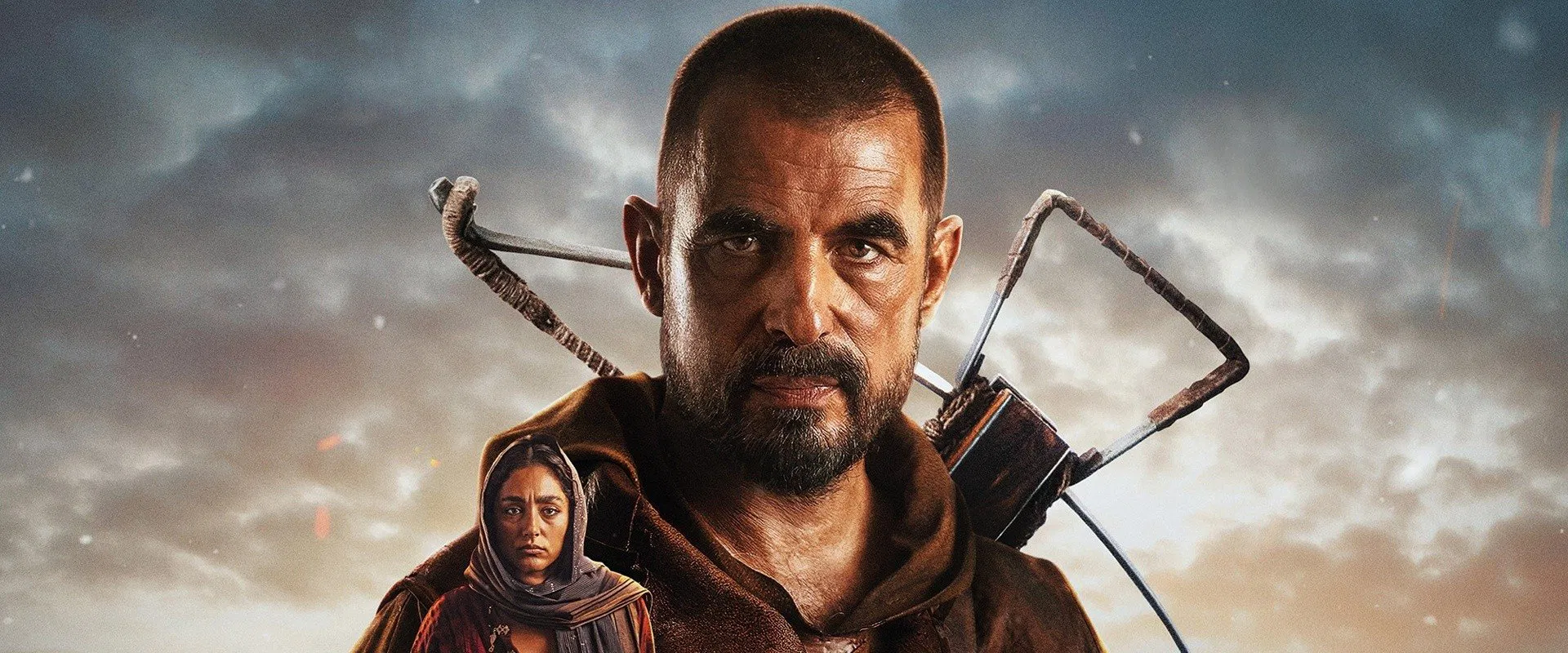When the curtain rises (or, more accurately, the CGI Alps blink awake) on Nick Hamm’s William Tell, we brace for that hot prickle of cultural muscle, the promise of rebellion, the ice-pure Swiss myth being cracked open and gutted on the grand stage of the epic. Instead, we find ourselves wading ankle-deep through a fog of déjà vu, draped in armor already rusted and patched, the cinematic equivalent of a Renaissance fair where nobody can remember why they’re there.
It’s an old, deathless story, yes, but William Tell seems determined to immortalize not the beats of Schiller’s insurgent romance, but every worn bootprint of the historical epic genre itself. You feel, as you watch, that you could play “period film bingo”, shouting “Bingo!” every time a nobleman mutters about destiny, or the camera lingers on a landscape as if a drone and a Hans Zimmer knockoff could conjure gravitas. It’s a director’s earnest but misguided attempt at the sweep of Lean or the pop-perversity of Ridley Scott, yet William Tell cannot even muster the exhausted grandeur of second-tier Braveheart knockoffs.
The most damning thing isn’t the limp novelty, but that the movie does not seem aware that we’ve seen these formulae, these specific moral contortions and narrative shortcuts, countless times before. The production, you have to credit, is handsomely tailored, armor that gleams, battlefields suitably grimy, and at its best moments, you squint and catch the whiff of a real place. Claes Bang, stalwart and iron-spined, works valiantly to inject some marrow into the film; his battered Tell feels like a man who’s already starred in three of these movies and is privately wishing for a nice vacation in Provence.
But none of this can rescue the picture from its self-imposed exile to mediocrity. The real villain here isn’t the Habsburgs, but the screenplay, clanging out lines with the subtlety of a cannonade in a monastery. The dialogue is written as if passed through a filter labelled “Fake Shakespearean,” then wrung through another labelled “Expository Pulp,” and handed to a cast game enough to try and salvage it. Some, Bang again, and Rafe Spall clutching dignity with white knuckles, almost turn sourdough into bread. Others drown in the purple waves. The result is performances straining between the stilted (are we acting tragedy, or reading stage directions?) and the unintentionally comic. There are moments so cringeworthy, you half expect orcs to stumble in from The Rings of Power and ask for directions.
If history is written by the victors, then this screenplay fabricates history by the most facile means required: characters will abandon all sense, or pop up with motivations like rabbits out of a battered hat. The antagonists, above all, are pantomime, cartoonishly joyless, their evil worn as cosmetics. There is not one fresh, surprising decision made; every tragic turn, every “twist” in rebellion, arrives on schedule and with a punctual lack of impact.
What stings most, and it will continue to sting, is that real talent is squandered for pageantry’s sake. Pryce, Kingsley, Farahani: a roll-call of gifted players wandering about on sets like guests at a party who realize, too late, that they were lured by promises of fireworks only to find a lone sparkler and a pile of soggy sandwiches. There’s a genuine hunger, even among the minor cast, to transcend the script’s thudding banality, but the film cedes them too little space.
By the time the credits roll, trumpeting a sequel hook as audacious as it is unearned, you may find yourself wishing someone had shot an arrow into the producers’ sequel plans before they left the editing suite. If you’re a lover of historical epics, take this as an act of mercy: walk away, and preserve your fondness for stories of rebellion for another day. William Tell, like so many well-meant but ill-starred revolts, ends not as a revolution, but as a warning.
We all want to believe in heroes who strike impossible targets. But sometimes, the safest target is the one the filmmakers miss entirely.


